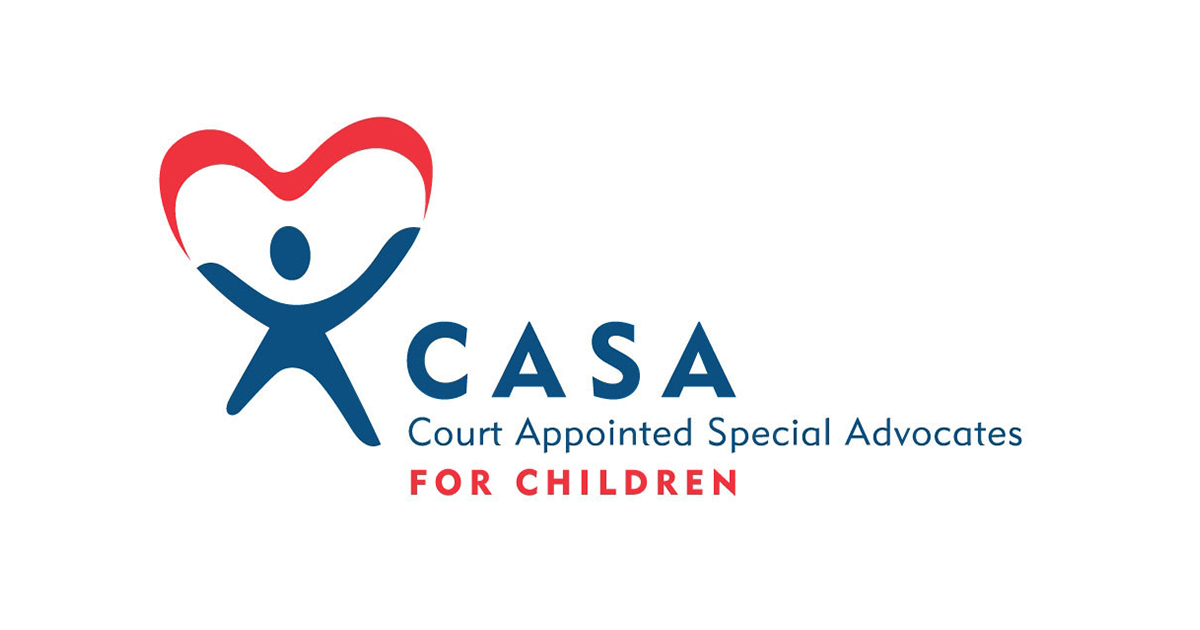MORGANTOWN — The staff and volunteers who make up 11 Court Appointed Special Advocates (CASA) programs in West Virginia speak for more than 2,100 kids who find themselves in the courts and/or foster care system due to the actions of others.
But those 11 programs cover only about half the state — 27 of 55 counties — leaving approximately 3,500 kids in need of advocates.
That number grows every day as West Virginia continues to slog through an addiction crisis. As more and more parents become addicted, and ultimately find themselves in trouble with the law or under the microscope of Child and Protective Services, CASAs can step in on behalf of their children.
According to information presented by the West Virginia CASA Association, “a CASA is a trained volunteer who is a consistent presence in a child’s life while they are in a situation that is confusing and foreign in most every way. CASA volunteers aid children as they go through the court systems and find their way in their foster homes and new schools.”
On Monday, Sally Erny and Paige Beard, with the National CASA organization, were at The Pines Country Club, in Morgantown, for the annual West Virginia CASA Association meeting. Representatives from the 11 statewide agencies were on hand, as was staff and board members from the state organization.
Erny said 263,000 children were served nationwide in 2017 by 950 local and state CASA programs in 49 states — the lone exception being North Dakota. Those efforts equated to about 5.5 million hours from volunteers.
“And that’s about half the number of children who need our help,” Erny said.
Two constant issues facing CASA programs is the recruitment and retention of volunteers and the ability to secure funding.
Kayla Taylor Benson has the been the CASA director for Monongalia and Preston counties since June 2017.
“We are definitely continuing to grow and that’s exciting in both counties. When I came on board we had seven active CASAs in Mon County and four in Preston County. At this point we have 24 active CASAs in Mon County and six in Preston,” she said, noting another nine volunteers are currently in training.
Like many CASA agencies across the state, Benson said VOCA, or Victims of Crimes Act, grant dollars are critical to its local mission.
Erny said more than $38 million in VOCA funds have gone to CASA programs across the country.
The oldest and largest CASA organization in West Virginia — Western Regional CASA — was started in 1991 and now serves 10 counties, including Cabell, Wayne, Lincoln, Putnam, Boone, Kanawha, Jackson, Roane, Calhoun and Mason counties.
Kim Wilds is its executive director.
Wilds said the six employees and 70 volunteers can’t come close to addressing the actual need of the 10 county area.
That sentiment was shared by many of the directors on hand.
Beth Loy, new director of CASA of the Eastern Panhandle — Berkeley, Jefferson and Morgan counties — summed up the situation facing each of the agencies in the state.
“In West Virginia and particularly in the eastern panhandle, we are sort of functioning in a crisis area. The Department of Health and Human Resources has been identified as one that is in great need,” Loy said. “We are fully experiencing the opioid crisis and we’re going to watch our numbers continue to rise.”
For more information about CASA, to become a supporter or volunteer, visit wvcasa.org or call 304-637-6767.
Tweet @DominionPostWV.




